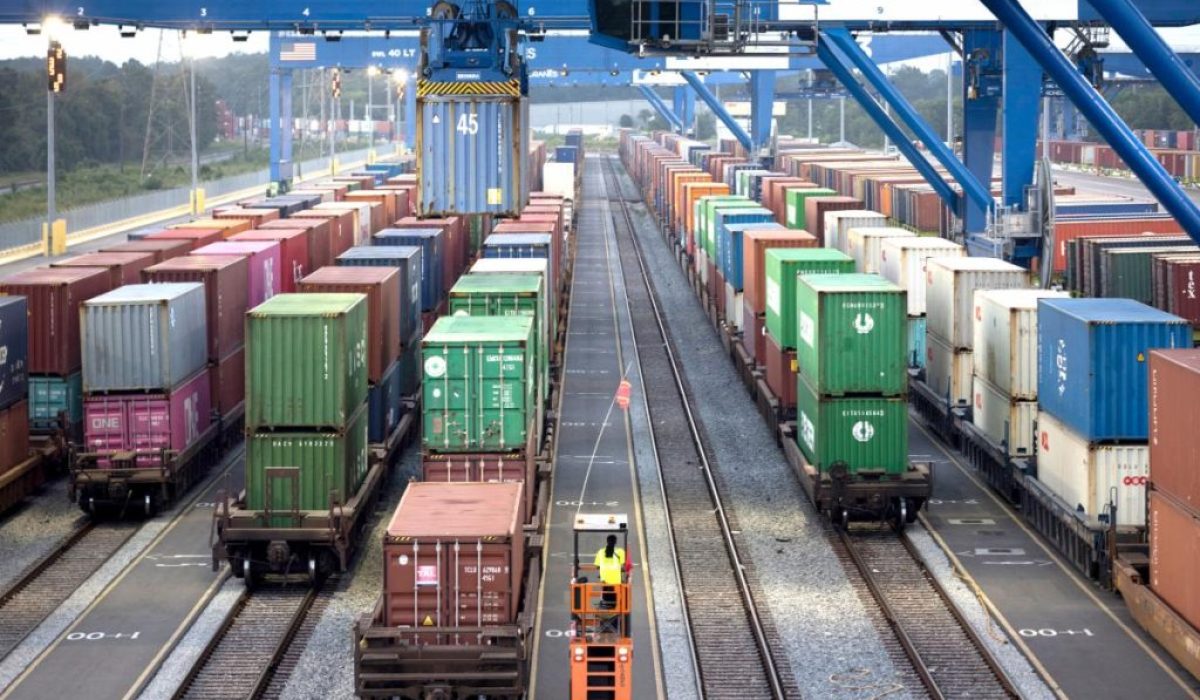Canada’s federal government has made a swift intervention into the country’s rail dispute in
an effort to limit supply chain disruption in both Canada and the northern US states,
following the rail companies’ lockout of workers yesterday.
Rail companies Canadian National (CN) and Canadian Pacific Kansas City (CPKC) locked out
9,000 unionised rail workers as unions rejected what the rail companies said were multiple
offers.
With the fear that a prolonged dispute could cost North American shippers millions of
dollars, however, the Canadian government acted, with the Minister of Labour, Steven
MacKinnon, saying he had assessed that the parties were at a “fundamental impasse”.
Canada’s labour relations code allows the Minister to direct the Canada Industrial Relations
Board (CIRB) to settle a dispute between parties on collective agreements by imposing final
binding arbitration.
CN ended its lockout at 18:00 hours on 22 August and immediately initiated a recovery plan.
“As CN awaits the formal order from the CIRB, the Company is making this decision to
expedite the recovery of the economy,” said a CN statement.
“I assume that the trains will be running within days,” MacKinnon told reporters.
CPKC meanwhile said it was preparing to restart operations and further details on timing
would be provided after it received the CIRB’s order.
“The Canadian government has recognised the immense consequences of a railway work
stoppage for the Canadian economy, North American supply chains and all Canadians,” said
Keith Creel, CPKC President and CEO.
“The government has acted to protect Canada’s national interest. We regret that the
government had to intervene because we fundamentally believe in and respect collective
bargaining; however, given the stakes for all involved, this situation required action.”
The union, however, has said the work stoppage at CPKC, would continue pending an order
from the CIRB. The union and company officials are scheduled to meet with the board on
Friday morning.
According to the Teamsters union workers’ right to strike has been temporarily suspended
after the decision was taken by the CIRB to suspend the lockout.
“This effectively robbed the union of leverage. Absent the threat of a work stoppage,
neither company had been willing to compromise or show any flexibility in their demands,”
said the Teamsters.
The union further claims that the main sticking points in the ongoing dispute are company
demands, not union proposals. Both companies want concessions on issues about
crew scheduling, rail safety, and fatigue management.
Prime Minister Justin Trudeau, said in a post on X: “Collective bargaining is always the best way forward. When that is no longer a foreseeable option — when we are facing serious consequences to our supply chains and the workers who depend on it — governments must act.”
CN spokesperson Jonathan Abecassis told the Canadian Broadcasting Corp it could take the
company a week or more to catch up on shipments.
Mary Ann Evans
Correspodent at Large


